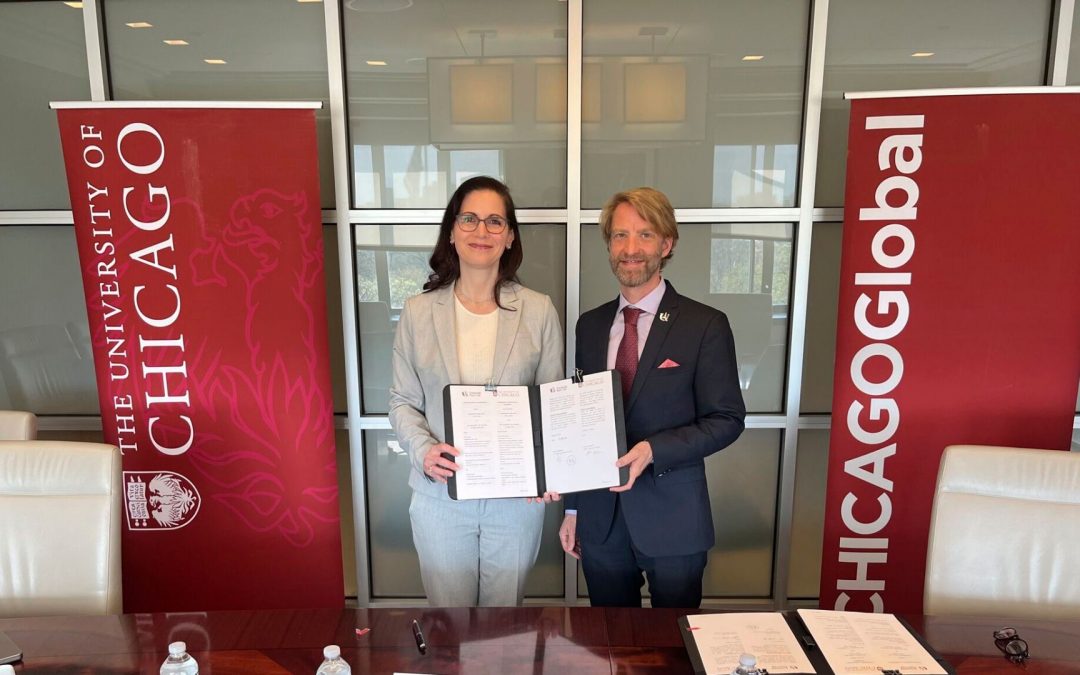Université Paris Cité maintains its position as the first French university, 16th in Europe and 37th worldwide for its publication impact according to the new Leiden rankings by the Centre for Science and Technology Studies (CWTS).

The overall ranking includes 1,506 institutions (versus 1411 in 2023), an increase of 95 institutions compared to the 2023 edition.
Université Paris Cité has 9,527 publications among the top 10% most cited in the world¹ over the 2019-2022 period. This result illustrates both the vitality of publication activities and the impact of the scientific output of Université Paris Cité’s research teams. The university is the number one French institution.
The 9,527 publications are attributed from the most to the least represented, to the following disciplines:
1. Biomedical Sciences and Health
2. Physics and Engineering Sciences
3. Life and Earth Sciences
4. Mathematics and Computer Science
5. Humanities and Social Sciences
Out of the 32 French institutions ranked in 2024, three French universities make it within top 200:
• Université Paris Cité: 110th worldwide and 16th in Europe
• Sorbonne Université: 124th worldwide and 22nd in Europe
• Université Paris Saclay: 164th worldwide and 35th in Europe
Methodology of the Leiden rankings
The Leiden rankings are based on bibliometric indicators linked to scientific publications. The identification of these is supported by the bibliographic database of the Web of Science, Core Collection produced by Clarivate Analytics and on the enhancements by scientists of the Centre for Science and Technology Studies of the University of Leiden in the Netherlands. For this year’s rankings, the articles and reviews are based on publications for the period from 2019 to 2022 in international magazines grounded in subject matters. By major themes, the indicators are broken down based on the number of citations amongst 1%, 5%, 10% or 50% of the articles the most cited worldwide. In addition to these indicators related to scientific impact, indicators on collaborations and open science are also available.
À lire aussi

Call for projects 2025 UPCité – King’s College London
The call for projects between Université Paris Cité (UPCité) and our privileged partner King's College London (KCL), has been launched this friday, May 9th 2025. The objectives Université Paris Cité and King's College London are offering offering a seed funding for...
read more
Signing of a New Agreement with the University of Chicago
On April 28, 2025, Université Paris Cité took a new step in its cooperation with the University of Chicago. Antoine Kouchner, Vice President for International Relations, traveled to Chicago to sign a Memorandum of Understanding (MoU) alongside Katherine Baicker,...
read more
UM6P and UPCité Offer Two Joint PhD Scholarships
Mohammed VI Polytechnic University (UM6P) and Université Paris Cité (UPCité) are strengthening their collaboration by offering two joint PhD scholarships for thesis projects affiliated with one of UPCité’s Graduate Schools. This call aims to reinforce...
read more
